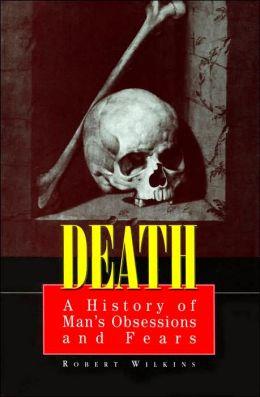Is death having a moment? According to this Atlantic story, the answer for those involved in the “death movement” is yes:
Forty years ago, the cultural anthropologist Ernest Becker claimed that fear of our own mortality was the fundamental motivator behind all human behavior. In his Pulitzer Prize-winning book, The Denial of Death, Ernest Becker said awareness of our own death made each of us want to engage in activities that rendered us unique, reaching a level of “immortality” by leaving our mark on the world, and impelling us to look for permanence in our kids and careers, art and architecture, religions and cultures. This desire, he said, steers our decisions, including ideologies, fellowships, and fashion choices.
Like Becker, psychologists who work in Terror Management Theory (TMT), believe that each human’s constructed identity is a shield, an “elaborate drapery that provides us with the fortitude to carry on despite the uniquely human awareness of our mortal fate.”
“What is the fundamental root of human behavior?” Caitlin Doughty said. “I think it’s death. I agree with Becker.”
Doughty is a mortician, so her assertion makes vocational sense. But as I explained in this meditation on mortality, people tend to obsess over death only in certain kinds of societies. Death anxiety is not, in other words, a human universal. Such obsessions are generated by specific kinds of sociocultural conditions. As is so often the case, we don’t find these kinds of anxieties or obsessions among hunter-gatherers.


